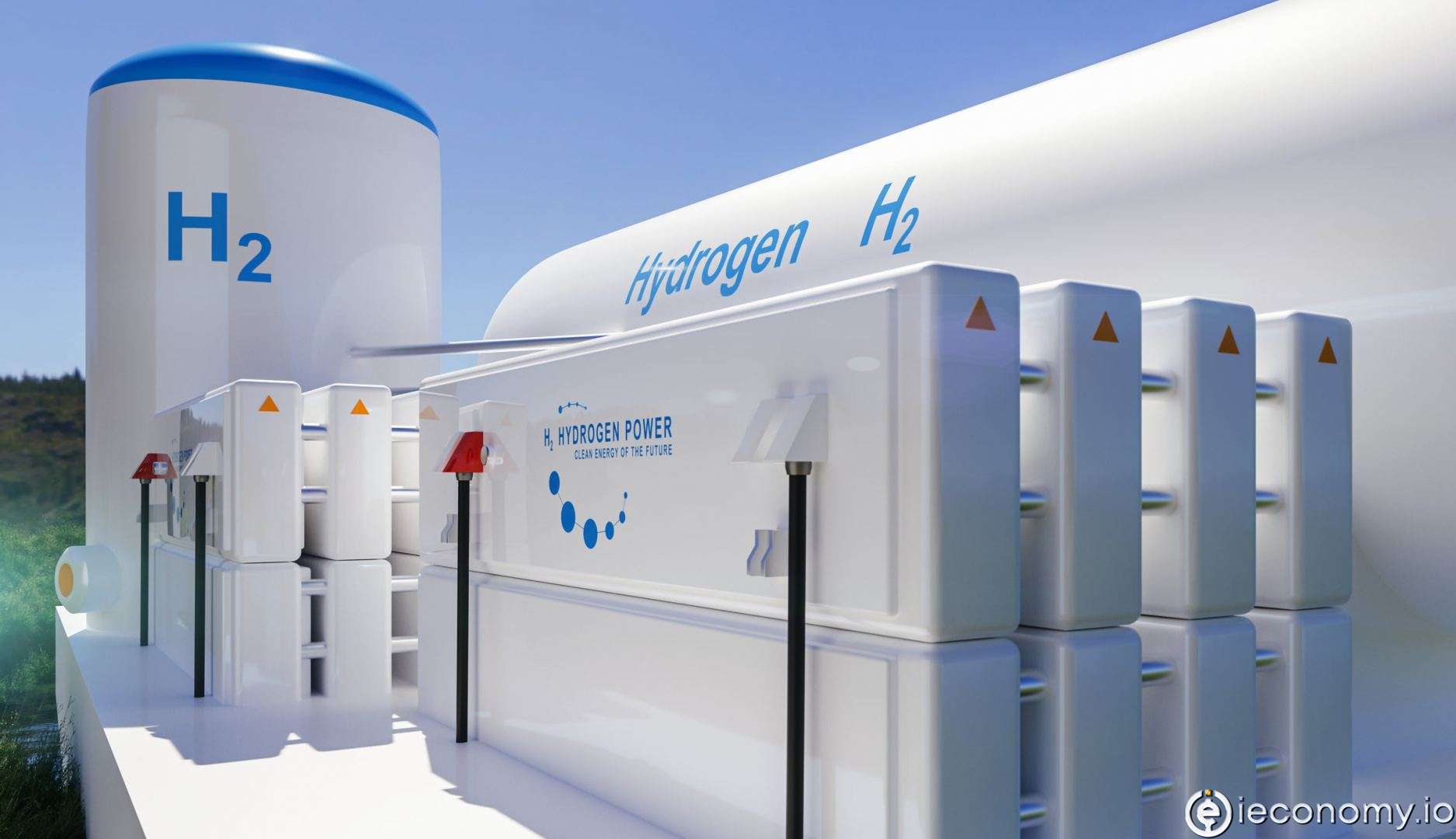11198
0
Mega funding for hydrogen starts in Germany
Mega funding for hydrogen starts in Germany. Germany wants to become climate-neutral and still remain an industrial country.

Yazar: Tom Roberts
Yayınlanma: 29 Mayıs 2021 14:20
Güncellenme: 24 Şubat 2026 05:44
Mega funding for hydrogen starts in Germany
Mega funding for hydrogen starts in Germany. With billions in money, the federal government wants to support the fundamental restructuring of the economy on the way to more climate protection. It's about new energy sources - and jobs should be secured, for example in the steel industry. 62 German projects are to participate in a large European hydrogen alliance. Steel corporations play an important role in this, as well as projects in the chemical and automotive industries and the development of an infrastructure. The projects are to be funded by the state with more than eight billion euros. "We are taking a big step on the way to climate neutrality in our economy," said Minister of Economic Affairs Peter Altmaier in Berlin. In the steel and chemical industries in particular, several million tons of CO2 could be saved annually through the hydrogen projects. The European initiative would trigger massive investments in future technology by private sponsors, with a total of 33 billion euros. Altmaier spoke of a project "that has never existed on this scale in the areas of industrial and climate policy". The projects covered the entire value chain. They range from hydrogen production and transport to industrial use and are distributed all over Germany. Transport Minister Andreas Scheuer emphasized: "We are making Germany a hydrogen country." Currently, traffic is still more than 95 percent dependent on fossil fuels. "We must and want to urgently promote the switch to climate-friendly mobility," emphasized the CSU politician. The EU aims to become the world leader in hydrogen technology. For this, the strengths should be bundled. So Altmaier said, "That secures competitiveness and jobs." The minister emphasized the importance of the restructuring in the steel industry, which accounts for seven percent of CO2 emissions in Germany. The steel industry faces tough global competition. The companies are dependent on "political flanking" from climate protection investments in order to be able to make a decisive contribution to achieving the climate goals, according to the German Steel Federation. Above all, "green" hydrogen, for the production of which green electricity is used, should play a major role in the climate-friendly restructuring of production processes in the economy - in other words, in the energy transition away from fossil fuels coal and gas. The "green" hydrogen is to be used for the production of synthetic fuels in cars, as fuel in fuel cell vehicles or as a raw material in industry. In addition to direct electrification, hydrogen will play a central role in the energy turnaround, said Veronika Grimm. She is also on the National Hydrogen Council. "You can speak of the new oil," she emphasized the importance. It is very important to promote hydrogen technology in Europe. A European infrastructure is needed for heavy goods traffic, for example. A so-called IPCEI project is planned at EU level - these are important strategic projects. Such a device is already available for setting up a battery cell production facility. The German projects are now reported to the EU. According to the federal ministries, the aim is for the projects to be approved under state aid law by the EU Commission this year.İLGİLİ HABERLER





European stocks soared and focus shifted to German retail sales after Powell's speech!

Forex Signal For TRY/USD: Inflation Slowdown in November.

Forex Signal For GBP/USD: Bullish Trend Still Not Breaking While Recovery Continues.

Forex Signal For EUR/USD: Starry US Data Points to Higher Fed Increases.

Forex Signal For BTC/USD: Downside Continues as Bitcoin Recovery Moves Less.
En Popüler Haberler
Yorum Yap
Yorumlar
Henüz yorum yapan yok! İlk yorumu siz yapın...